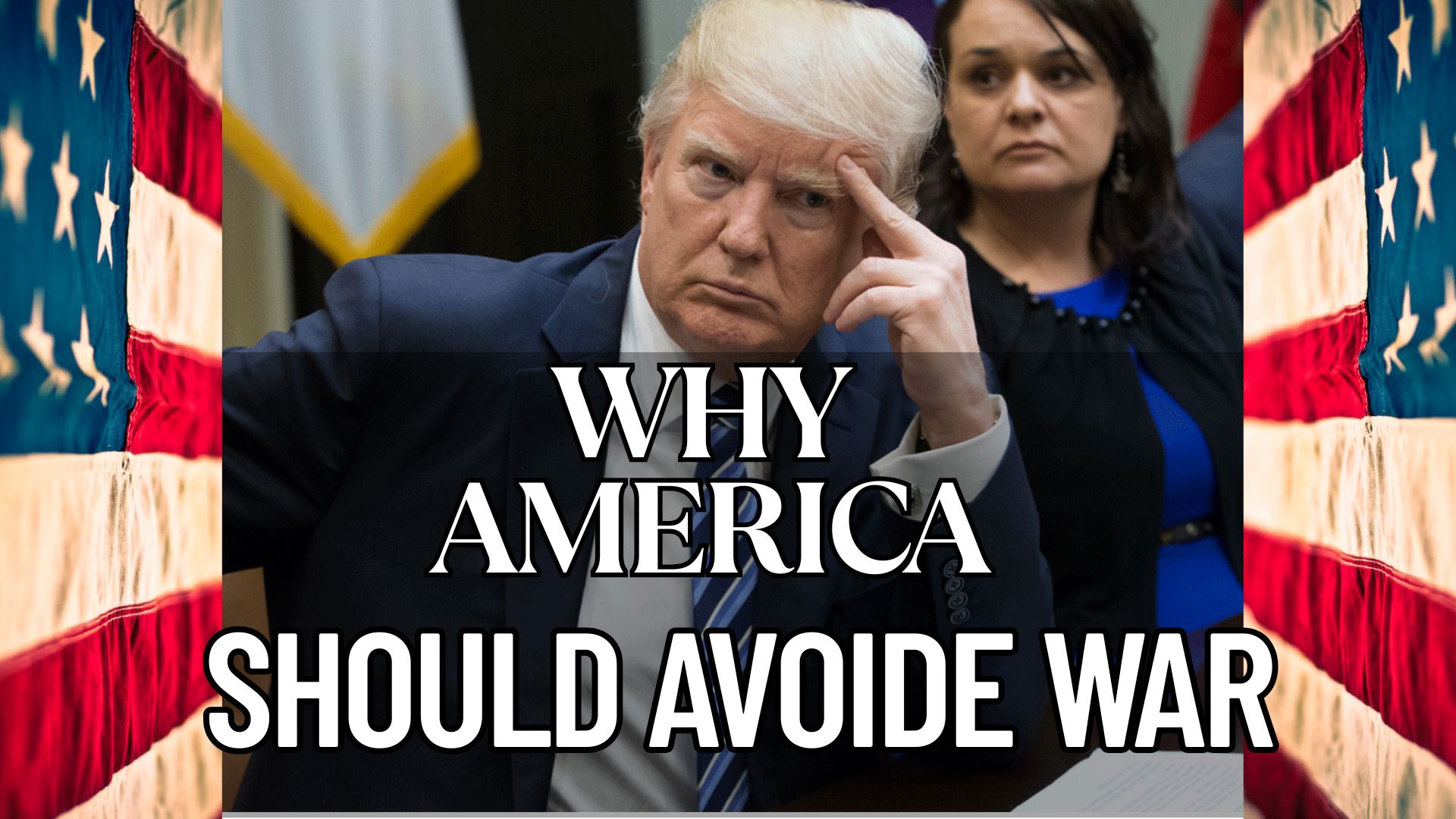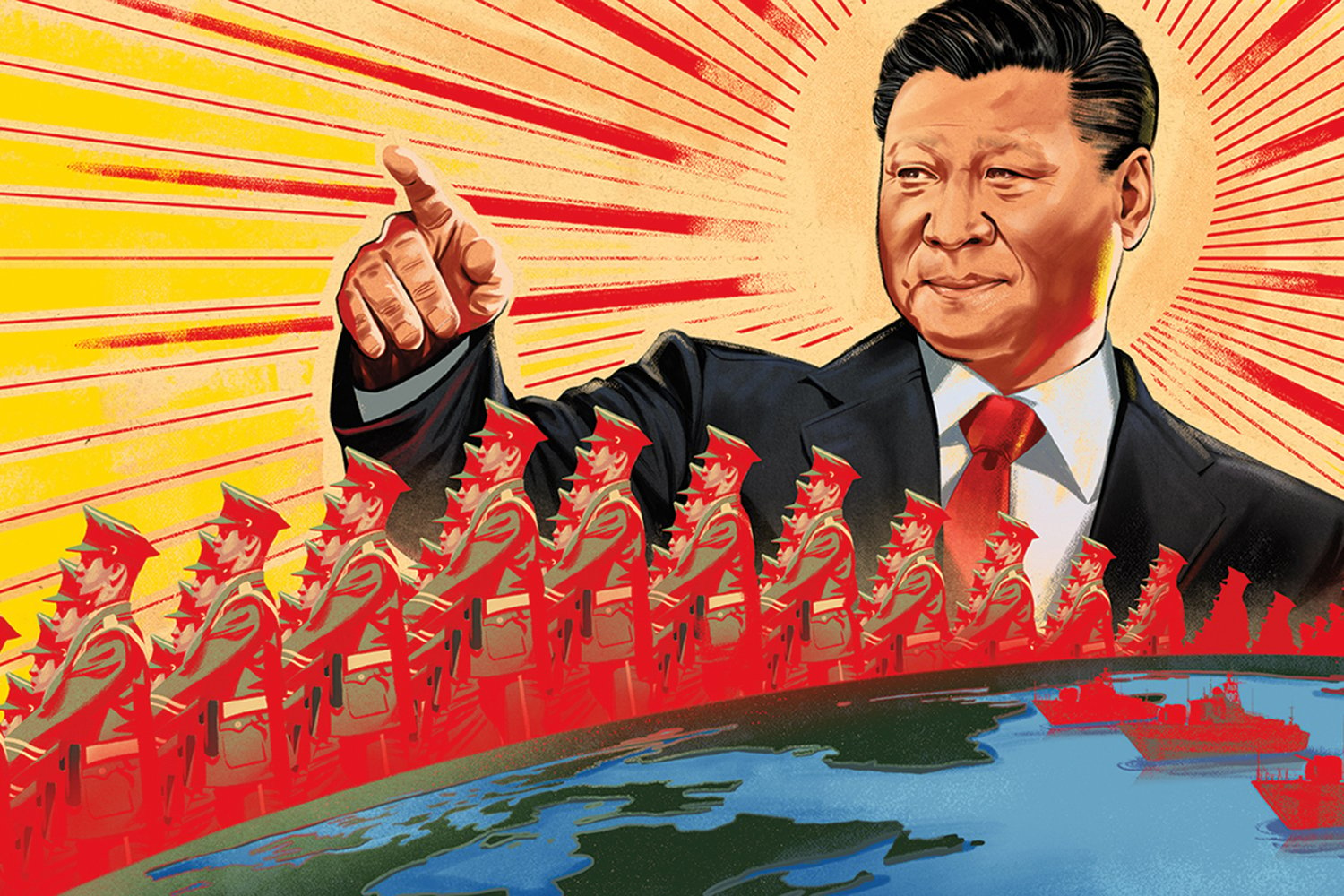5 Strong Reasons Why the USA Should Avoid the Conflict:
Discover why the U.S. should avoid military intervention in the Iran-Israel conflict. Here are 5 strong reasons and their serious consequences for the world.

The High Cost of War for the United States:
The Iran-Israel conflict in 2025 has reached a critical stage, raising global concerns about a wider war. With Israel calling for stronger international support and Iran warning of consequences, many wonder whether the United States will join the war. While the U.S. is a close ally of Israel, there are serious reasons why it should avoid entering this conflict. From economic burdens and regional instability to the threat of global escalation, this article explores 5 compelling reasons why American military involvement could be disastrous.
1. Why It’s a Strategic Risk for the United States:
-
The Economic Challenge of War
Entering a war with Iran would cost the U.S. billions of dollars. Using advanced military hardware like bunker buster bombs the cost of one bunker buster bomb is 400 million$ to 1 billion $, The U.S. B-2 bomber Aircraft costs about $2.1 billion each making it the most expensive military aircraft ever built, F-35 fighter jets, and naval fleets is extremely expensive. The cost of ammunition, logistics, and high-tech warfare is far higher than in past conflicts. Supporting Israel simultaneously will double defense spending, leading to serious financial strain for United State of America and will automatically effect the US citizens in shape of high Taxes.
- Human and Military Casualties:
Iran and its proxies — such as Hezbollah, Houthis, and Shia militias in Iraq — could target U.S. bases and citizens across the Middle East. American soldiers would face ambushes, drone strikes, and missile attacks. The risk of civilian casualties from attacks on embassies or public places also rises significantly, fueling domestic unrest.
-
High Inflation and U.S. Economic Instability:
War spending increases government debt, causes energy price hikes, and adds pressure on essential goods. This would lead to high inflation in the U.S., harming ordinary citizens through rising fuel, grocery, and housing prices — just like in the 2003 Iraq war cost over 2 trillion according to NBC News report and Afghan war cost $2.3 trillion to 3 trillion for U.S as per BBC report.
-
Decline of Global U.S. Supremacy:
A direct war could damage America’s global leadership image. Critics would see it as an overreach or misuse of military power. If the war drags on, the U.S. will lose credibility in Europe, Asia, and Muslim countries, weakening its global alliances. and in future no one will trust on U.S. and their agreements like on ceasefires and other issues. and majority of countries will challenge the U.S. world order and his influence on other countries.
-
Rise of China as a Superpower:
While the U.S. is stuck in another Middle East war, China could expand its influence in Asia, Africa, and the Pacific. Beijing may portray itself as a peaceful and soft power and win international trust, further shifting global power away from the United States. the chinese influence is already control many developing countries in the world, using trades, loans and other development projects in developing nations.

2. Impact on Middle East Stability:
-
Regional War and Proxy Conflicts:
A U.S. invasion or air campaign in Iran would ignite proxy wars across the Middle East. Hezbollah in Lebanon, the Houthis in Yemen, and Shia militias in Iraq will be rise again with more violent way and would retaliate. Sunni militant groups might also emerge. The entire region could turn into a war zone once again, just like during the Syria crisis after the arab spring.
-
Civil Wars and Humanitarian Disaster:
Countries like Lebanon, Iraq, and Syria — already fragile — could descend into full-scale civil wars. Millions would be displaced. The humanitarian crisis would be unimaginable, with mass refugee movements toward Europe and neighboring Arab nations. and the humanitarian crisis like shortages of food, water, and medicine would worsen the suffering. Aid organizations would struggle to respond, and the global community would witness yet another tragic chapter of human suffering caused by war.
-
Soaring Inflation and Economic Collapse
Middle Eastern economies would face massive inflation, currency devaluation, and food shortages. Countries like Jordan, Egypt, and Saudi Arabia could suffer from oil supply shocks and food import challenges. The economic meltdown would increase poverty and social unrest and there are million of foreigners from Arab Countries, South Asia and Philippines etc who are working in the Gulf countries, so due to the economic instability in gulf the foreign workers will face too many problems like unemployment and inflations etc.

3. Global Crisis Triggered:
-
Skyrocketing Oil Prices
Tehran has already threatened to block the Strait of Hormuz, through which 20% of the world’s oil flows. The Houthis from yamen could also block Bab al-Mandab Strait, disrupting maritime trade. These actions would cause oil prices to soar to historic highs, impacting fuel prices worldwide.
-
Global Market Crash and Inflation
A U.S.-Iran war would trigger a global economic crisis. due to blocking the important strait of world like Harmuz strait and Bab Al Mandab strait and oil crisis the Stock markets would crash in all over the world, inflation would rise, and central banks would struggle to control the damage. Developing nations would face debt defaults, food insecurity, and massive unemployment.
-
Mass Migration Resumes
Due to the escalating Iran-Israel conflict and potential U.S. involvement, the Middle East may once again face widespread destruction and humanitarian collapse. As in previous wars, millions could be displaced, seeking safety in Europe and other Western nations. This would trigger another refugee crisis, overwhelming host countries, increasing political tensions, and putting pressure on social services. History may repeat itself, as war forces families to flee from instability, poverty, and violence. which UK, U.S. and Europe never want
-
Ukraine at Greater Risk
The U.S. and Europe would be forced to shift military and financial resources from Ukraine to the Middle East. This would allow Russia to intensify its war in Ukraine, possibly leading to the fall of Kyiv or a forced surrender. Ukraine would be left vulnerable without Western support and Russia will easily takeover the Ukrainian territory.

-
Increased Risk of World War 3
As global powers get involved — the U.S. backing Israel, Russia and China supporting Iran — the conflict could escalate into a World War 3 scenario. Alliances could be activated, and tensions could spread to America, Europe and Asia, affecting billions of people.
-
Fear of Nuclear Escalation
Both Iran and Israel possess advanced missile technologies, and Israel is believed to have nuclear weapons. If any side uses tactical nukes or even threatens to, the world could face its first nuclear conflict since World War 2, with unimaginable consequences. and nothing will left on this beautiful Planet EARTH because of human.
4. Diplomatic Failure and Loss of Global Trust:
-
Misuse of Power and Global Isolation:
If the United State is seen as starting another war without UN approval or broad international consensus, it could lose credibility and trust among allies and neutral nations. Accusations of “misuse of power” or acting for oil interests could isolate the U.S. on the global stage. if UN approve to enter the U.S. into Iran-Israel war so it will also effect the UN influence in the world.
-
Decline in U.S. Soft Power:
America’s reputation as a promoter of democracy and peace would be seriously damaged. Countries in Africa, South America, and Asia may shift closer to China or Russia, believing the U.S. only brings conflict, not cooperation.
5. The Peaceful Option: Diplomacy Over Destruction:
-
Peace Talks Save Lives:
Instead of military escalation, the U.S. should focus on UN-backed peace talks, regional diplomacy, and backdoor negotiations. This could prevent a major war and heavy destruction, protect civilians, and preserve regional stability.
-
Leverage Sanctions and International Pressure:
The U.S. has powerful non-military tools — economic sanctions, arms control deals, and global alliances — to limit Iran’s aggression. It should use them effectively instead of rushing into war.
